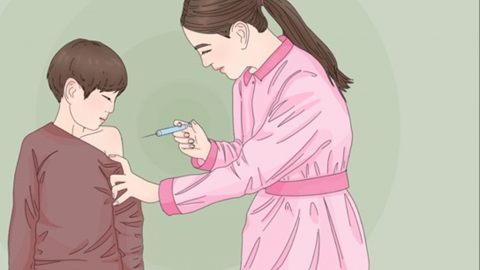Can patients with a cold receive the COVID-19 vaccine?
The term "COVID-19 vaccine" usually refers to the vaccine for the novel coronavirus. Generally speaking, individuals with a common cold should not receive the novel coronavirus vaccine. Detailed explanations are as follows:

During a cold, the body's immunity and resistance are typically low. Receiving a vaccine at this time may affect the effectiveness of the vaccination, reduce the vaccine's ability to produce antibodies, and thereby weaken the immune protection provided by the vaccine. Additionally, during a cold, the body is fighting off a virus, and the immune system is in a highly active state. Vaccination at this time might increase the physical burden and cause adverse reactions.
Furthermore, receiving a novel coronavirus vaccine during a cold could increase the likelihood of adverse reactions—for example, symptoms such as fever, body aches, fatigue, nausea, and vomiting might worsen and prolong the recovery process.
In daily life, it is recommended to wait about a week after complete disappearance of cold symptoms and recovery from illness before receiving the novel coronavirus vaccine. This can help reduce the occurrence of adverse reactions and improve the vaccine's immune effectiveness. Meanwhile, before and after vaccination, individuals should maintain good lifestyle habits, ensure adequate rest, and avoid excessive fatigue, which can promote recovery and enhance vaccine effectiveness.






